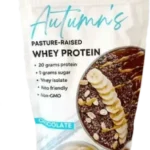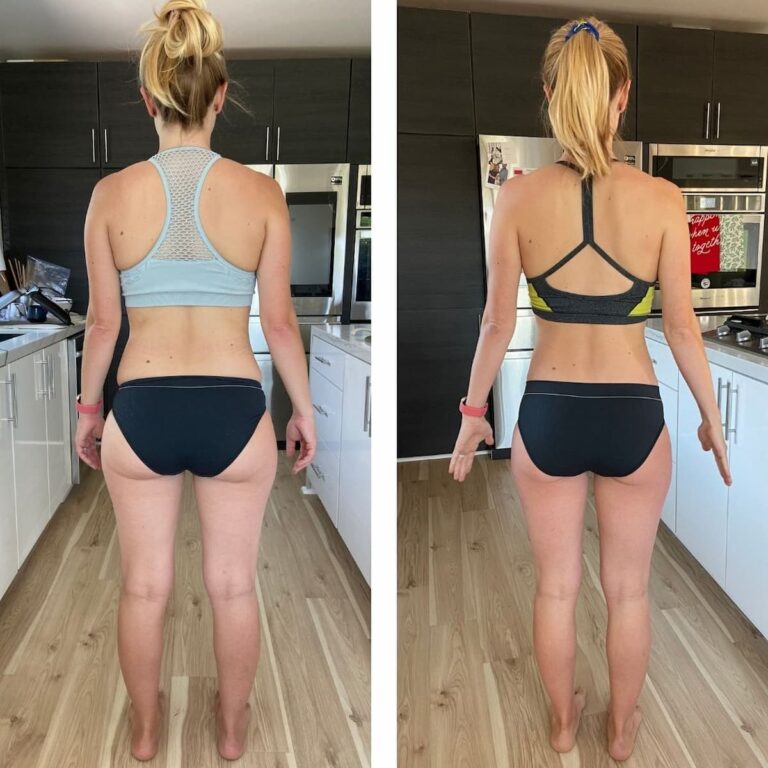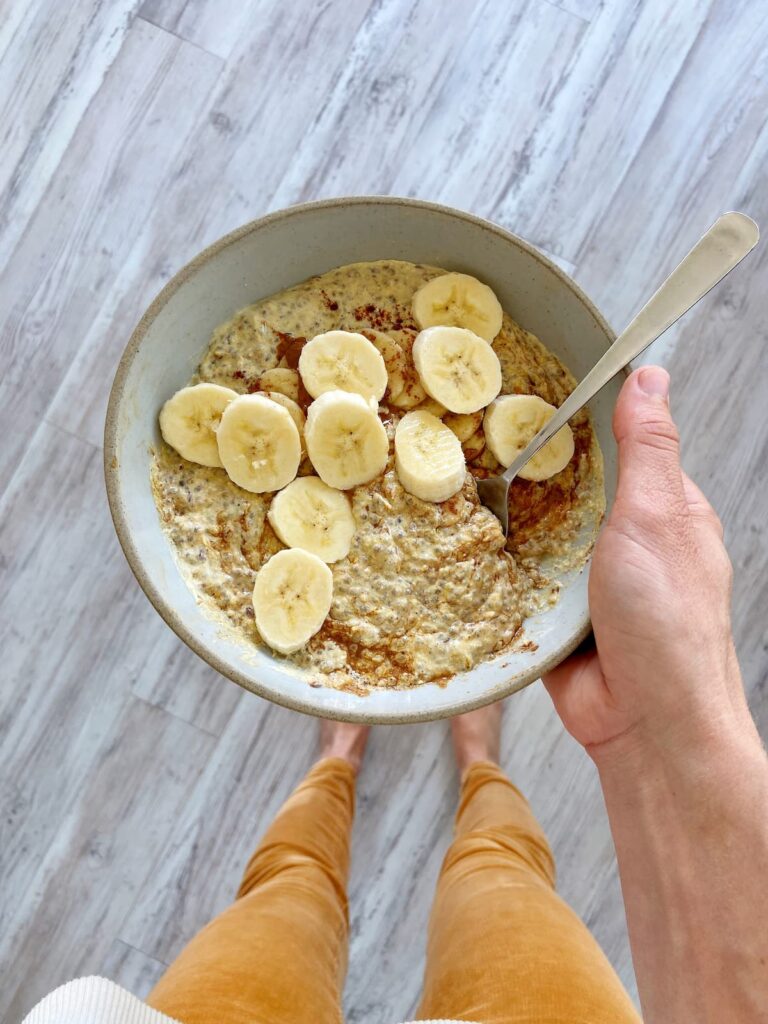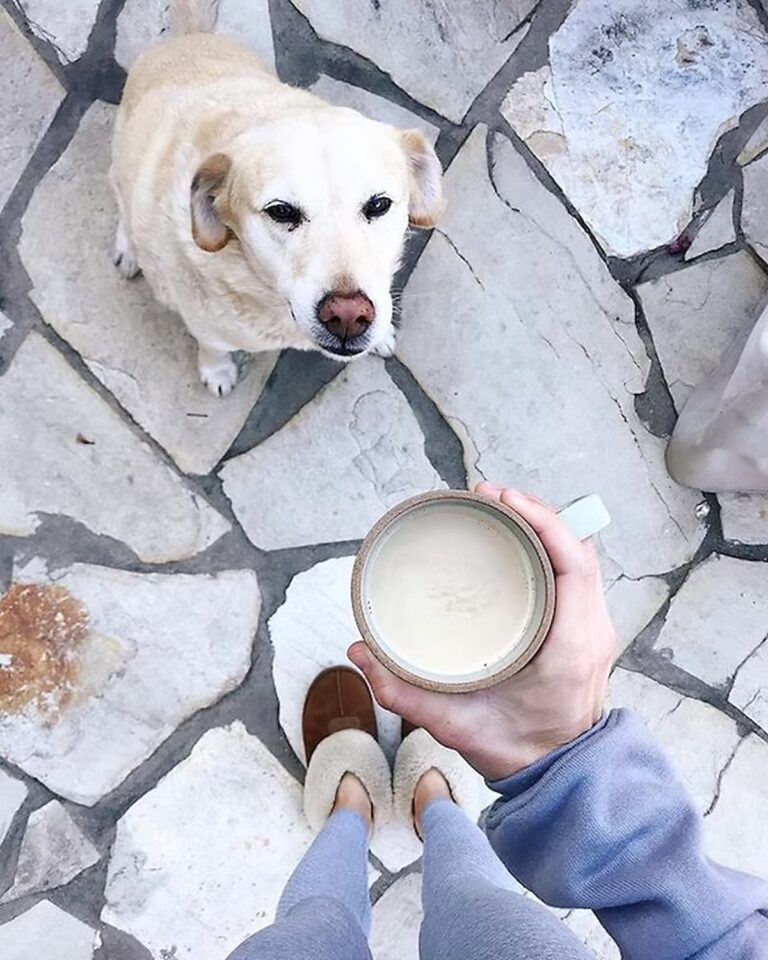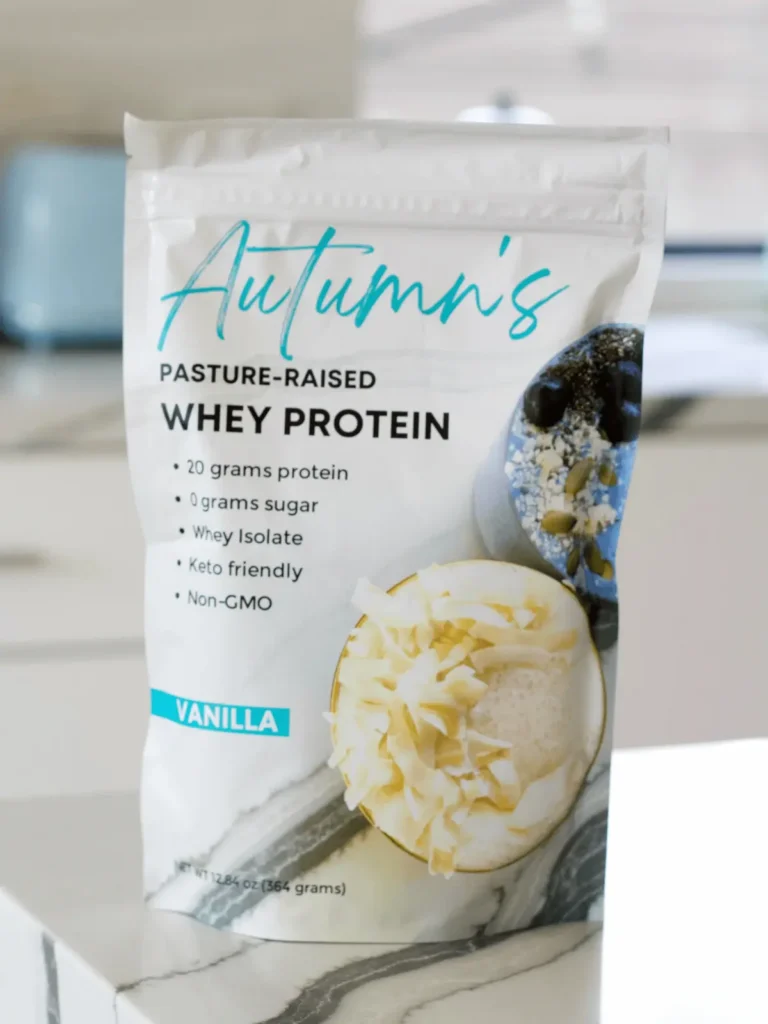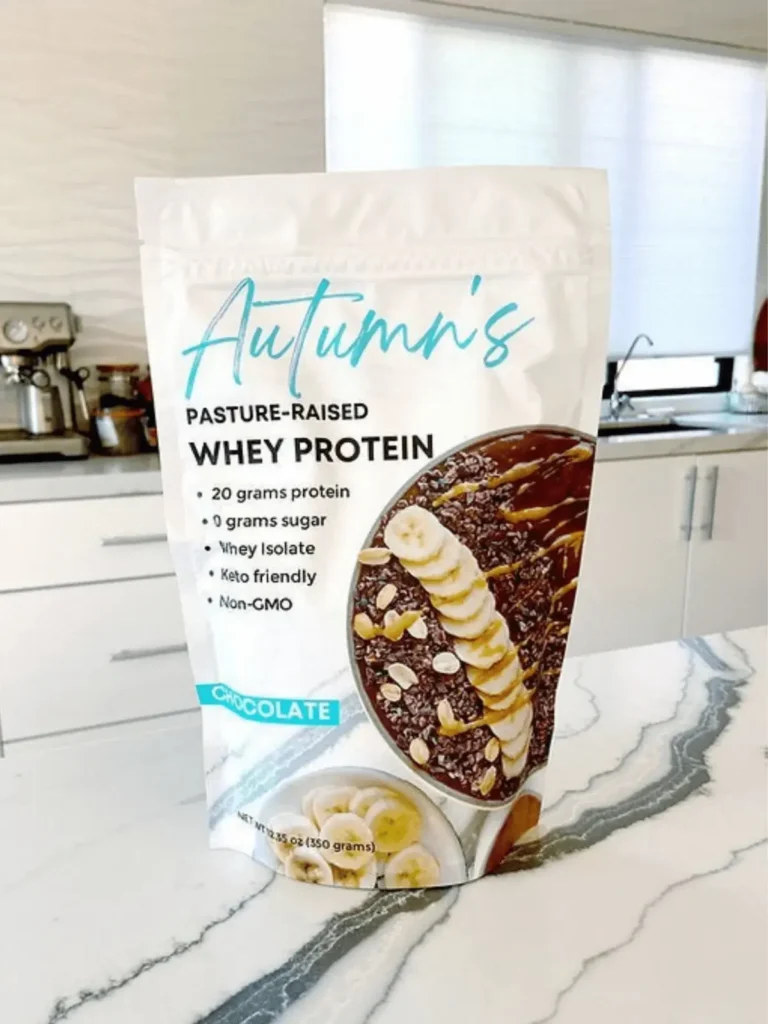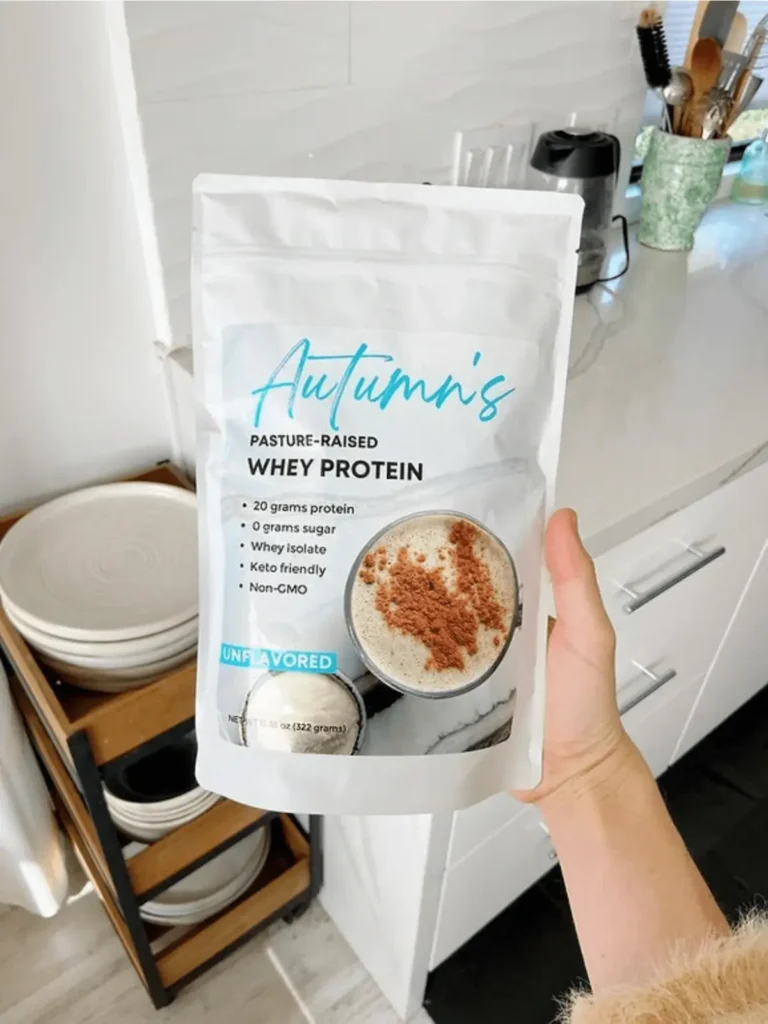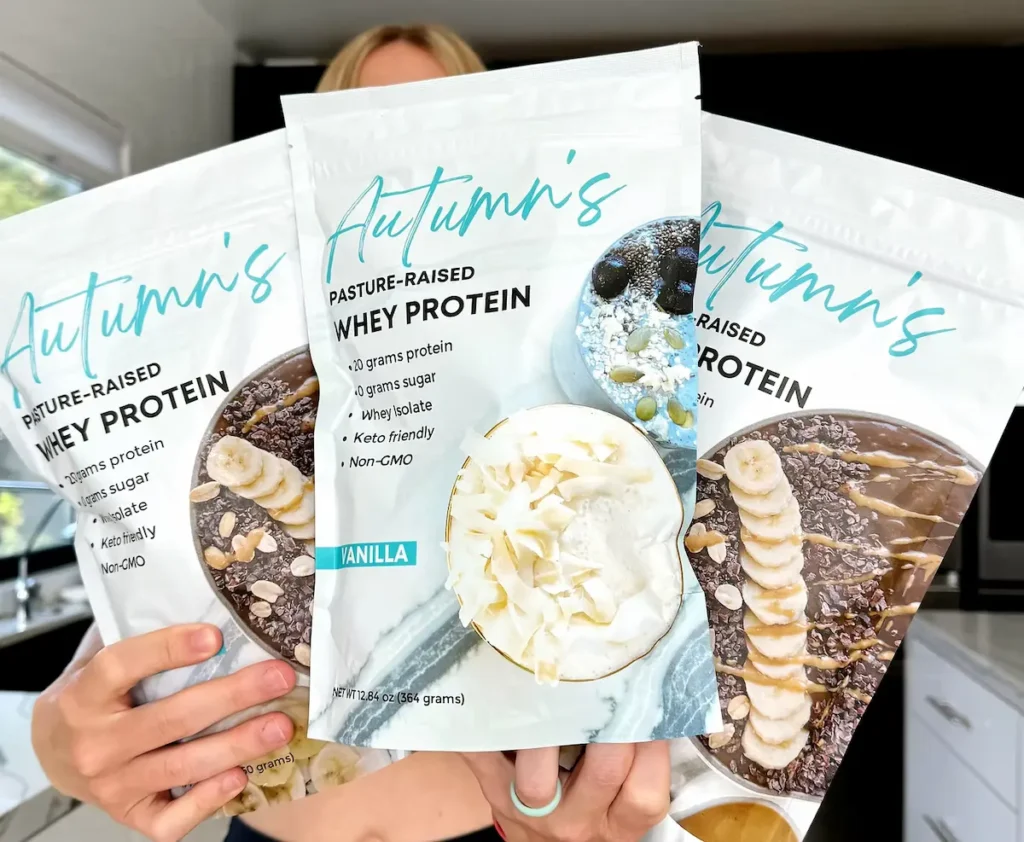GLP-1 medications are super popular, but should they be? These are the science-backed reasons this nutritionist won’t touch it.
In a recent livestream, someone in my community asked my opinion of Ozempic and similar weight loss drugs.
Many people in the fitness and weight loss space are thrilled about Ozempic and other GLP-1 drugs because it appears to work incredibly well at helping people drop weight rather quickly.
To be fair, this class of weight loss drugs does appear to result in weight loss and reduced appetite. However, these results only seem to last as long as the drug is used and individuals taking these medications can typically expect weight regain and a return of their usual cardiometabolic health markers once off the medication.(1)
Other commonly noted side effects include:(2)
- nausea
- diarrhea
- gas
- constipation
- stomach ache
- fatigue
- abdominal pain
The weight loss seen with GLP-1 drugs has also lead to what many are calling “Ozempic Face”.
This phenomenon results in a face that has a “hollowed-out”, “sagging” and “aging” appearance, as noted in this article.
The irony of all of this is that the main noted reason for why Ozempic and other similar medications work comes down to a reduced appetite… which can easily be achieved with a few minor (delicious) tweaks to the diet (which we’ll get into in just a second).
Beyond all of these noted negative side effects, there are additional concerns that I have as a Nutritionist.
Today I’m sharing why I’m still extremely skeptical of Ozempic and why it certainly would not be my first, second or third choice for achieving a weight loss goal.
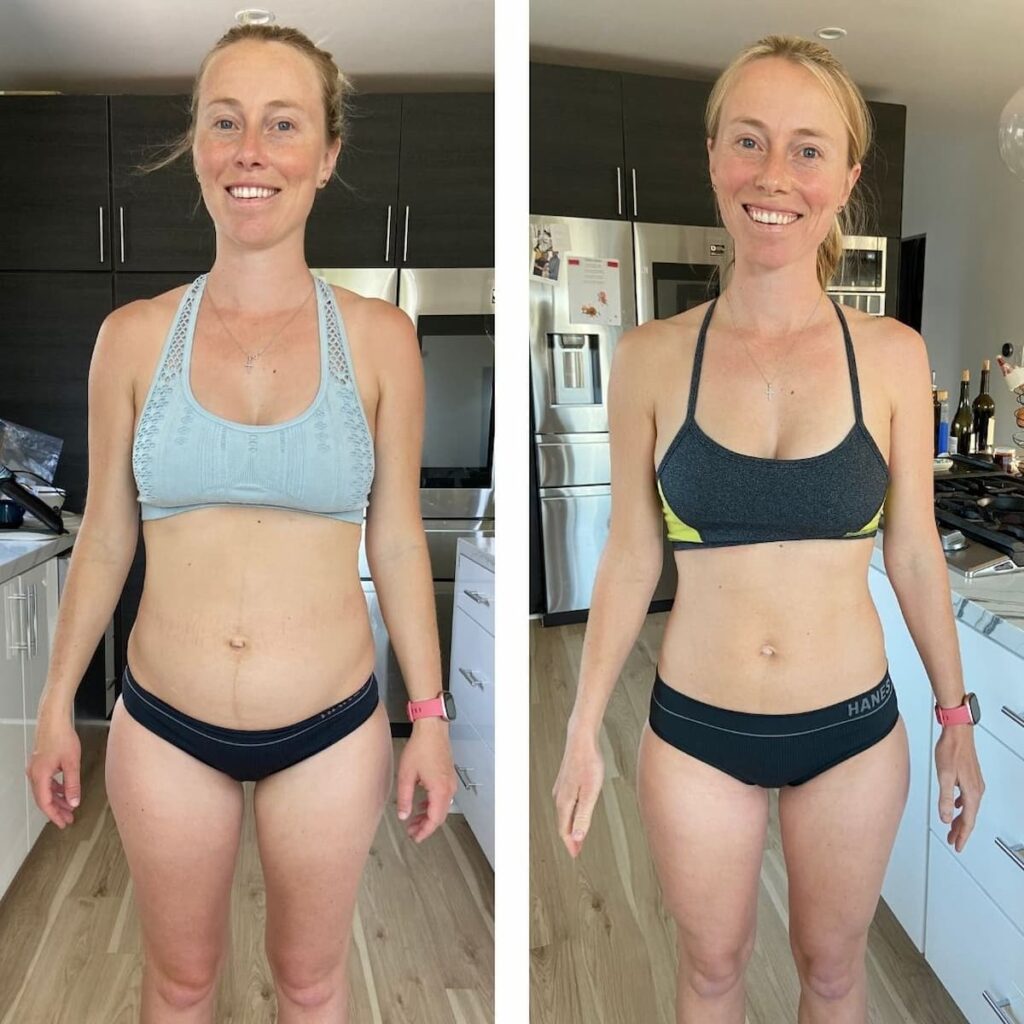
Concern 1: GLP-1’s slow the GI tract
When the GI tract slows down, it can result in a significant reduction in appetite. This is likely the main reason GLP-1’s “work” for reducing intake.
However there are two massive problems with this.
First, slowing the GI tract by means other than food could lead to excessive slowing of the GI tract when nutrient dense foods are eaten.
Specifically, protein rich foods.
Foods high in protein naturally reduce appetite by slowing the GI tract and increasing satiety hormones, such as peptide-YY.
However, those taking a GLP-1 might be incentivized to reduce their protein intake because their GI tract is already significantly slowed down with the weight loss medication.
Eating high quality protein while taking GLP-1’s could cause the GI tract to slow down too much and result in some of the side effects such as bloating, gas, nausea and constipation.
In fact, one doctor in this Health Line article mentioned that the foods the least likely to cause side effects while taking a GLP-1 are those low in fiber, protein and fat. Reducing the intake of protein, fiber-rich foods and fat could lead to serious nutrient deficiency and health related concerns that we’ll get into in just a second.
The second problem is that a slower GI tract could lead to increased issues related to gut health, bloating and SIBO.
As we’ve discussed quite a bit on my YouTube channel and blog, a sluggish GI tract could lead to a disruption in our gut cleaning pathway called the Migrating Motor Complex.
In fact, research is already showing that GLP-1’s do inhibit the Migrating Motor Complex in healthy subjects and those who already have IBS.(3)
Concern 2: Muscle and bone loss
Those taking Ozempic or other GLP-1 drugs are likely finding themselves eating less protein simply because they’re eating less overall and because protein intake is leading to excessively slowed GI tract.
Foods high in protein are required for maintaining muscle mass during a weight loss process.(4)
If you don’t eat enough protein while losing weight, it can result in “lean mass” loss, which can include both muscle and bone. This loss of muscle lowers the metabolism and makes it harder to maintain those weight loss results in the future.
The combined loss of muscle and bone could also increase the risk of sarcopenia, which is a sign of aging.
In fact, one trial found that those taking Ozempic lost over 5kg (11 pounds) of lean mass, totaling at about 38% of the weight loss.(5)
Because of this rapid lean mass loss, experts suggest that it is extremely important to increase protein intake while taking GLP-1 medications. However, as we noted with the first concern, this solution would likely lead to increased side effects.
Considering many people are not hitting their daily protein needs as it is (with as high as 46% of older adults not even hitting the bare minimum), further decreasing protein intake could lead to significant long term health conditions.(6)
Concern 3: No change in diet and nutrient deficiencies
GLP-1’s work by reducing appetite. A reduction in appetite can of course help you lose weight, but it does nothing for helping to maintain muscle mass or provide adequate nutrients for optimal health and longevity (as noted in the previous concerns).
These weight loss medications appear to give the “benefit” of appetite reduction that protein has without any of the health benefits of protein.
High quality protein rich foods help to significantly reduce appetite while also providing essential amino acids, fatty acids and micronutrients.
These various nutrients support bone, heart, fertility, fitness and brain health.
There is a reason we need to eat and it’s to provide adequate micro and macronutrients to support our body’s needs.
Simply “eating less” does not allow for maximizing those essential nutrients and could lead to further increased nutrient deficiencies.
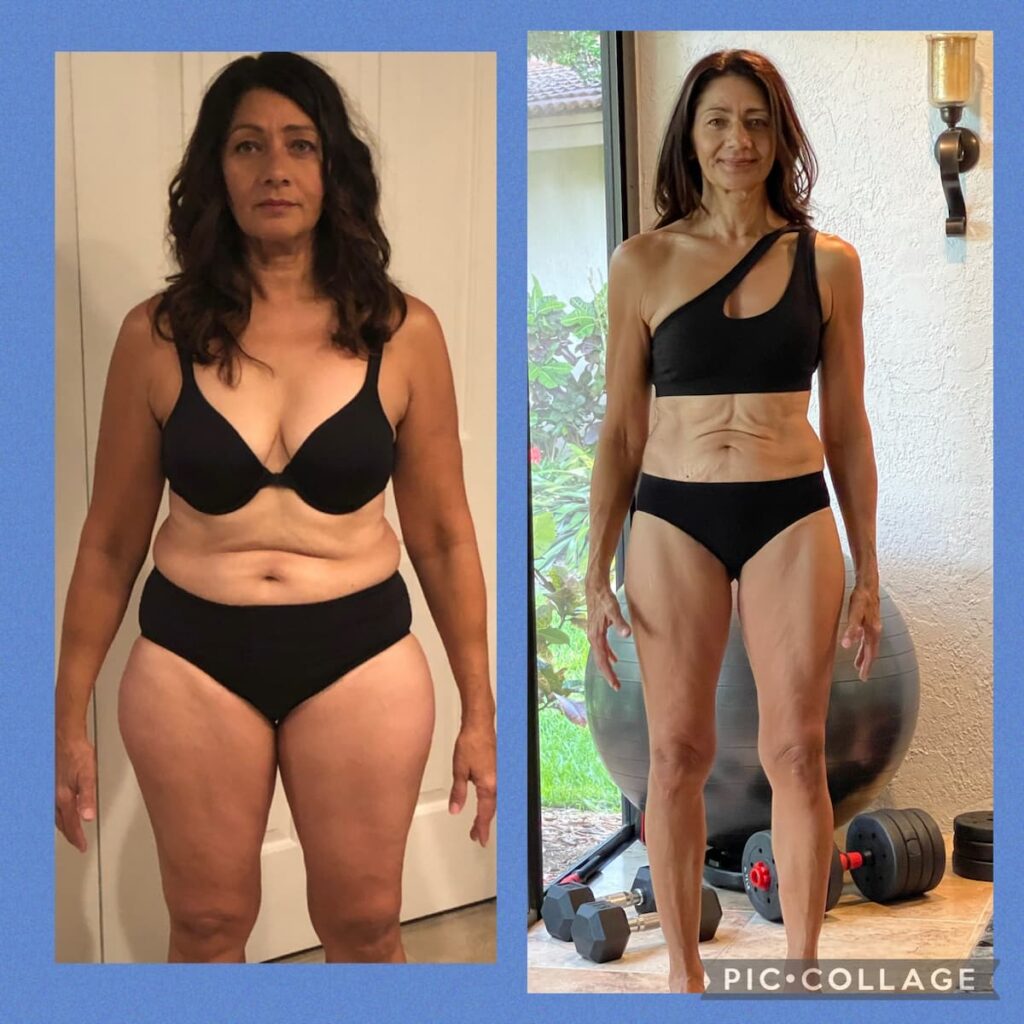
Results Without Medication
Did you know that your body actually makes GLP-1?
GLP-1 is one of our many satiety hormones that is released in response to eating certain types of foods.
And can you guess which foods?
Those rich in protein, fat and fiber.(7)
Did you also know (at the time of this writing) that GLP-1 medications cost between $900-$1350 per month?!(8)
Even if you were buying the highest possible quality foods to support a weight loss and wellness goal, it still would be less expensive than this weight loss medication!
As a Certified Clinical Nutritionist, I emphasize foods that naturally boost satiety and shut off hunger and cravings.
These are nutrient dense, DELICIOUS foods that help the body maintain muscle mass during a weight loss journey without feeling hungry.
In fact, this is the method that I followed during my 20 pound post-partum weight loss journey that you can read about HERE.
This is also the method that thousands of men and women around the world follow to help them achieve their goals with the Complete Intermittent Fasting Bundle protocols.
But if you’re brand new and looking to get started, one of the first places I recommend is beginning with your protein.
As repeated numerous times in this article, protein is key for boosting satiety and preventing muscle loss while helping the body specifically target fat during the weight loss process.(4)
Understanding the best proteins to support a weight loss goal is crucial for long term success.
Related Reading: The Top Protein Rich Foods For Weight Loss (Complete List)
From there, you can begin to hone in on the best types of carbohydrates that support a weight loss goal (hint: there are a lot to choose from!).
Related Reading: The Top Carbohydrate Rich Foods For Weight Loss (Complete List)
And you can make some ridiculously delicious meals out of these nutrient dense ingredients.
Some of my favorites include short rib beef tacos, smash burgers, protein hot chocolate, cottage cheese bowls, protein waffles, pumpkin chili and so. much. more.

Jumpstart your wellness journey
7 Day Detox
The 7 Day Detox provides a complete reset for your body, naturally promoting detoxification while curbing sugar cravings with a structured plan.
Studies
https://www.ncbi.nlm.nih.gov/pmc/articles/PMC9542252/
https://www.medicalnewstoday.com/articles/ozempic-face#overview
https://www.nejm.org/doi/suppl/10.1056/NEJMoa2032183/suppl_file/nejmoa2032183_appendix.pdf
https://pubmed.ncbi.nlm.nih.gov/30932132/
https://nutritionandmetabolism.biomedcentral.com/articles/10.1186/s12986-016-0153-3
